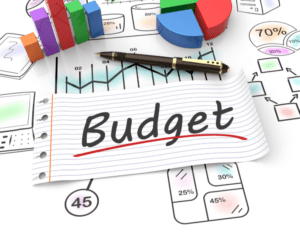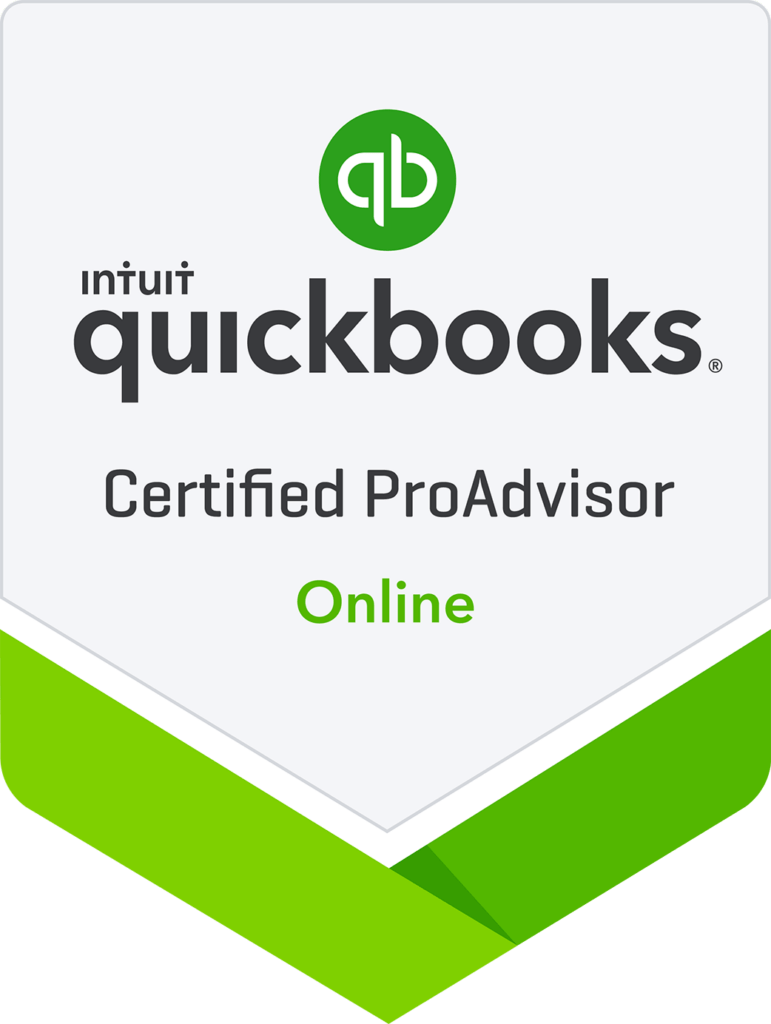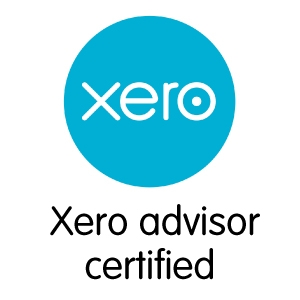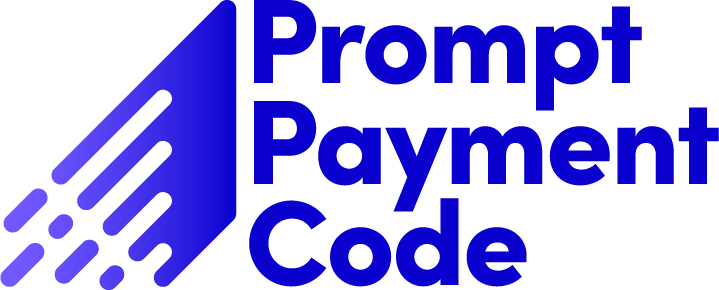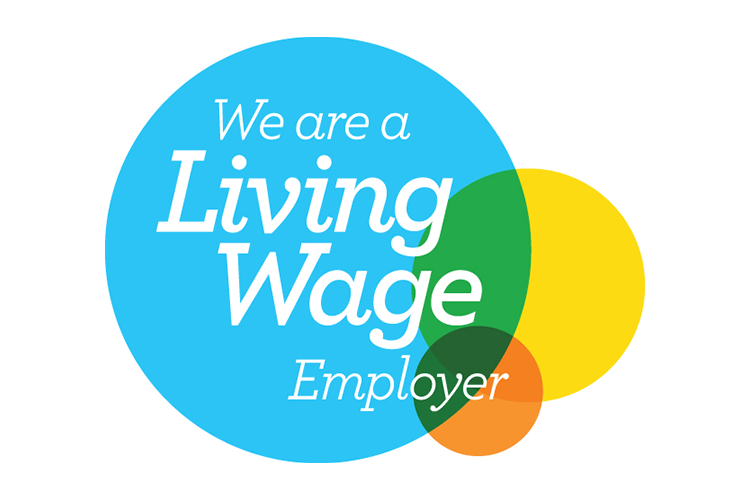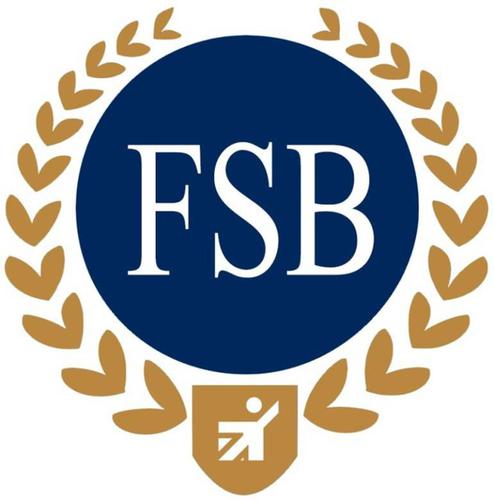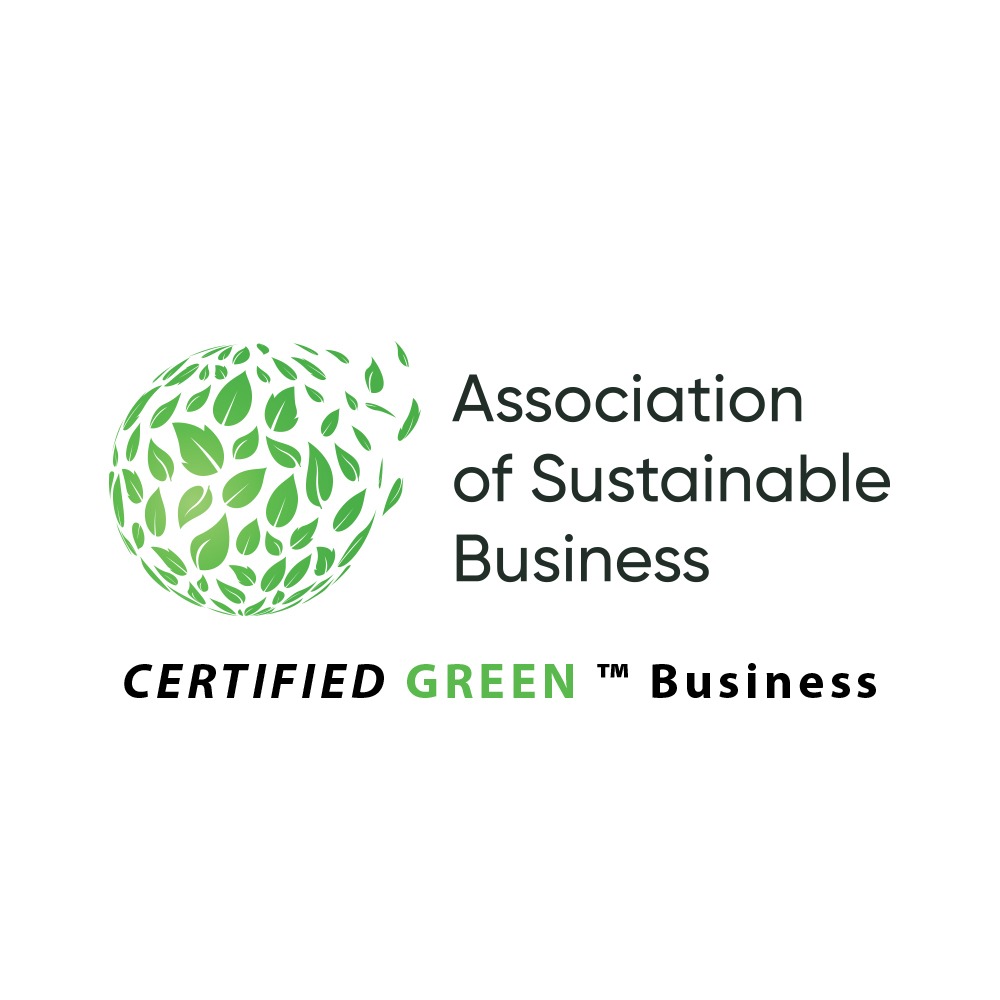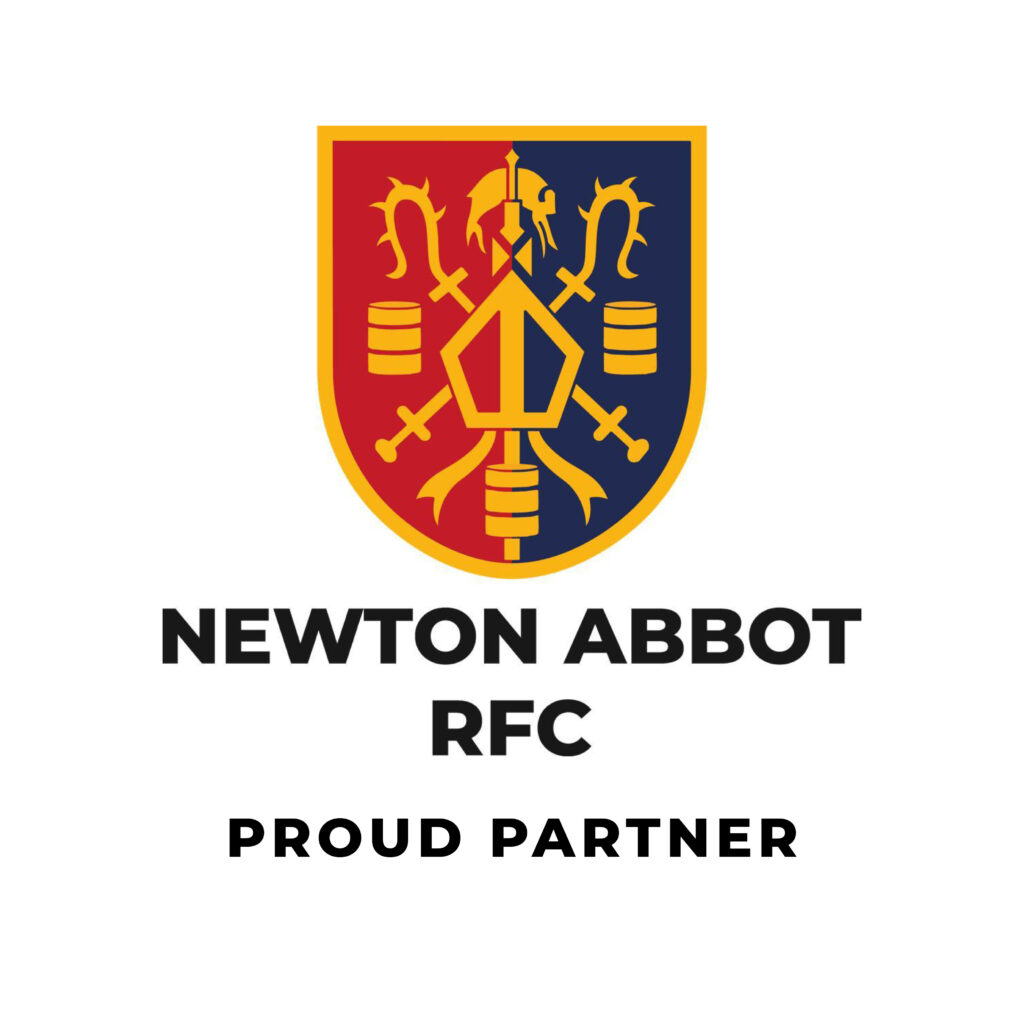What makes my business eligible for Capital Allowance?
In the UK, Capital Allowance is a tax relief that allows businesses to claim deductions for certain capital expenditures, such as the purchase of equipment or the construction of commercial buildings. To be eligible for Capital Allowances, a business must be based in the UK and must have incurred the expenses in question in the course of carrying on a trade, profession, or vocation. Additionally, the expenses must be incurred on assets that are used for the purposes of the trade, profession, or vocation, and not for personal use.
Capital Allowances can be claimed on a wide range of assets, including:
- Plant and machinery: This includes items such as machinery, equipment, vehicles, and tools used in a business.
- Industrial buildings: This includes commercial buildings used for the purposes of a trade or profession, such as offices, factories and warehouses.
- Energy-saving equipment: This includes equipment that is designed to save energy, such as solar panels and energy-efficient boilers.
To claim Capital Allowances, a business must be able to demonstrate that the assets in question are used for the purposes of the business’s trade, profession, or vocation.
Additionally, a business must keep records of the assets for which Capital Allowances are claimed, including purchase invoices, bills, and receipts. These records must be kept for six years after the end of the tax year in which the claim is made.
Businesses can claim Capital Allowances either in their tax return or by amending a previous tax return.
It’s worth noting that there are different rates and limits of capital allowances that apply depending on the nature of the assets and the date they were acquired. It may be beneficial to consult with a tax advisor or accountant to understand the specifics of how Capital Allowances apply to your business.



